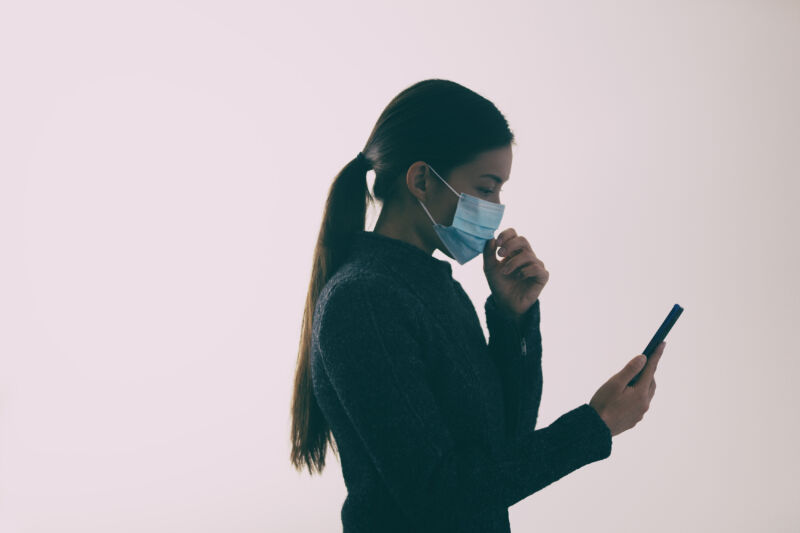-
chevron_right
Brazil to release millions of anti-dengue mosquitoes as death toll from outbreak mounts
news.movim.eu / TheGuardian · Friday, 15 March - 10:00
Mosquitoes infected with Wolbachia bacteria that inhibit spread of disease to be introduced in six cities after successful pilot scheme
A dengue-fighting strategy that involves releasing bacteria-infected mosquitoes will be rolled out to six Brazilian cities in the coming months as the country battles a severe outbreak of dengue fever, a viral disease transmitted by the Aedes aegypti mosquito.
Factors such as hotter and wetter weather caused by the climate crisis and the circulation of previously absent subtypes of the virus are fuelling an explosion of dengue in Brazil, which has recorded 1.6m probable cases since January – the same number reported for all of last year – and 491 deaths, with a further 889 deaths under investigation, as of 14 March.
Continue reading...

